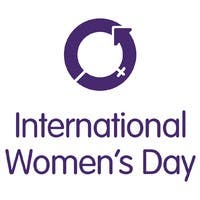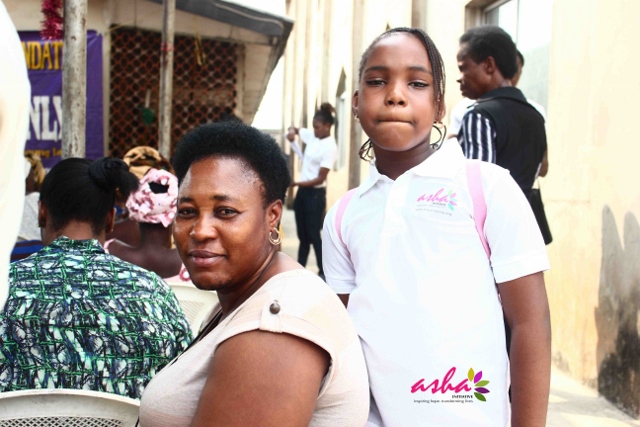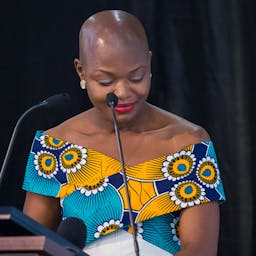Educated Girls, Empowered Women. We Can Make It Happen!
May 28, 2019
Story


"...there shall be no bridging the gender equity gap if women are still being bullied or brow beaten into dropping out of school for their brothers neither can we attain gender equality if women and girls seeking education become victims to reprisals."
Education for girls and women is still considered a tall order in some parts of the world. Despite interventions designed to tackle this, many, especially those living in poor and war/violence stricken countries and communities still lack access to basic education. This is due to harmful cultural practices such as: child marriage, genital cutting, domestic violence and discrimination as outlined by Michelle Obama in her Keynote address at the UN Global Education First Initiative.
The insurgency in North Eastern Nigeria quickly comes to mind, where reports of girls and young women being abducted as a deterrent to education abounds. In one of the most unpardonable crimes against women, almost 300 girls were abducted from their school dormitory on April 14, 2014.
Even in South-Western Nigeria, Ajegunle for example, a community where Project ASHA’s Empowering Women of the Future (EWOF) project has worked with women and girls for the last three years – girls right to education is still considered a luxury by many. Some parents consider it a ‘bad investment’ to send their girls to school up to the secondary level let alone the tertiary, preferring to pay the fees of their brothers, in their words “She will marry and be another man’s property.”
This belief alone has in no small way affected girls views and motivations towards their classes and school, as many of the EWOF participants reveal.
Women and girls must be afforded equal opportunities to education and life chances in order for them to contribute meaningfully to sustainable development whether in their families, communities and/or globally.
However, attitudes must change in order to make this a reality. Attitudes of parents and guardians, attitudes of religious and traditional rulers and the attitudes of women and girls towards themselves and others.
One way this is being achieved is through community dialogues and correct information dissemination. A tactic (EWOF) employs, by engaging local chiefs, parents and guardians, religious leaders, women and girls in purposeful discusses, we are gradually breaking the barriers that once stood firm in preventing girls access to education in communities where we work.
As we celebrate this years international women’s day, let us bear in mind that there shall be no bridging the gender equity gap if women are still being bullied or brow beaten into dropping out of school for their brothers neither can we attain gender equality if women and girls seeking education become victims to reprisals.




